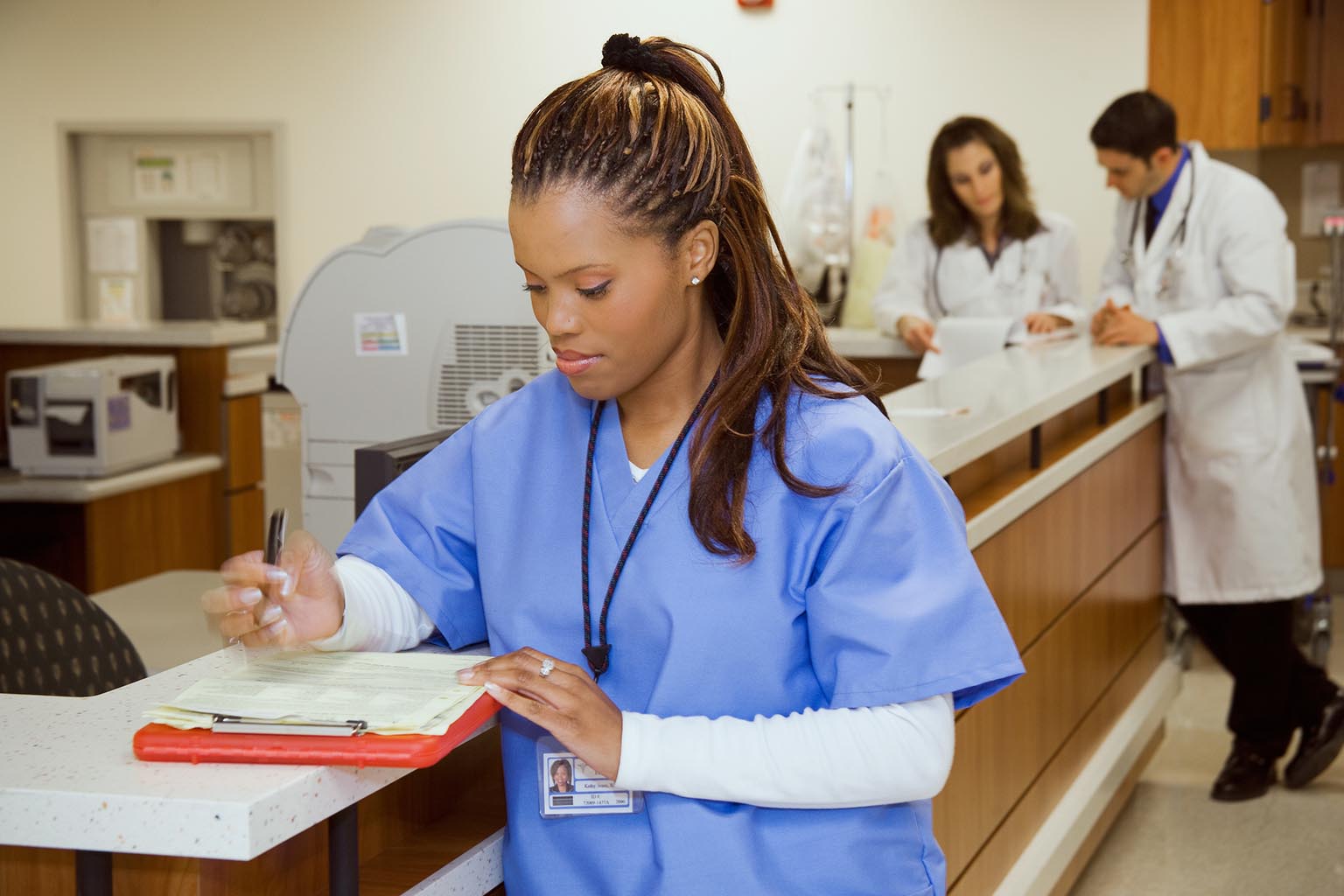“Doctor, we need tests for malaria, yellow fever, dengue and Zika virus. I’m sure my son has one of them,” the father announced as his toddler, rosy with sunburn, scratched and squirmed on his lap. “He got bit yesterday, and today he has a fever.”
I asked if the man’s family had been traveling lately. Perhaps a tropical vacation?
“I wish!” he said with a laugh. “We’ve just had a low-key summer, playing in the backyard and going to the pool.”
“Great news then,” I told him. “The mosquitoes here don’t carry any of those infections, so if you’ve stayed local, you don’t need to worry.”
His face showed relief and his shoulders relaxed. “I got so worried when I Googled,” he said. “I was convinced it was something terrible!”
When we encounter “self-diagnosing” patients, the conversation doesn’t always go this smoothly. Armed with pages of research, diagrams of their symptom complexes and strong ideas about the tests and treatments they need, such patients can be a challenge. But engaging them thoughtfully and empathetically can bring unexpected rewards.
To learn more about other diagnostic challenges, visit AudioDigest.
The challenge of the self-diagnosing patient
Why do self-diagnosing patients often irk us? Perhaps because their approach can start the patient-doctor relationship off with distrust. Or possibly because we don’t have the time or energy to address reams of online health misinformation. We may worry about the risks of such patients and whether they will demand inappropriate or unnecessary testing, become angry if we don’t agree or try harmful self-treatments.
Perhaps such patients take away the positive effects our job as a diagnostician has on our egos. Their attitude can feel an affront to our expertise: Why seek our help when they seem to already have their answers? Many of us are drawn to medicine as a way to discover and detect, and we love putting together signs and symptoms to create a diagnosis. We get satisfaction from solving the mystery of what plagues our patients. So when the patient has solved it for us, we can feel deflated.
Steps for supporting self-diagnosing patients
Because health information is easy and free to access, and patients are more engaged in their own health than ever before, these issues aren’t going away. How can we better help our patients who self-diagnose?
Respect patients’ experiences
Our patients live in their bodies. Their pangs, pains or palpitations should be acknowledged, even if we may disagree on their meaning or cause. While we may be experts on bodies in general, our patients are experts on their bodies in particular. It’s best to thank them for their attentiveness, self-awareness and engagement in their own health.
Along with that, we can amp up our compassion. Self-diagnosing patients may feel more anxious, mistrustful or frustrated than the average patient, and positive communication with them can help build trust and coach them through their anxieties.
Ask why your patient has come to a particular diagnosis. Some may have been swayed by inaccurate or inapplicable online sources, while others may have particular fears or had bad experiences with the healthcare system. Some may come with a long history of opinions from other practitioners or may have friends or family with similar diagnoses. Without understanding the origins of their self-diagnoses, we cannot properly address them.
Finally, listen actively. While self-diagnosing patients may not have arrived at the correct culprit, their observations are essential, and we need to listen to them carefully.
Be explicit about your thinking
Start by explaining the process of a differential diagnosis and how we use their observations, our experience and thoughtful testing to come up with a personalized diagnosis.
Steer patients to reliable sources of medical information. Encourage them to be skeptics online and consider the motivation, accuracy and conflicts of interest of internet sources. Instead, guide them toward more accurate resources such as MedlinePlus and the Centers for Disease Control and Prevention, the websites of our professional organizations and tools like 5MinuteConsult patient handouts. (5MinuteConsult is also a powerful tool for diagnosing patients.) Advise them to avoid searching generic symptoms or using unreliable symptom checkers.
Also remember to be humble. Our rigorous training, academic involvement and continuing medical education keep us up to date, yet we can never be experts about everything. We might look at patients who self-diagnose as opportunities to stretch our knowledge and dust off our research skills.
Protect yourself and your patient
Much of the danger of self-diagnosing comes with self-treatment, so be sure to ask your patient about any self-treatments they’ve tried or are considering, and tell them about any associated risks.
If you still aren’t seeing eye to eye with a self-diagnosing patient and are worried about a path they’ll take for treatment, take steps to protect yourself. Offer referrals to colleagues for second opinions or schedule another visit so you can review concerns again further down the road. Thoroughly document your reasoning and recommendations as well as responses from the patient. Remember that not every patient and doctor will be the best fit, and we should never allow ourselves to be bullied or pushed to compromise our ethics or training.
Self-diagnosing patients as opportunities for growth
While I was thankful to not worry about malaria in the toddler that day, I was prompted to review the latest data on local mosquito-borne outbreaks, which would benefit future patients who had been bitten.
Self-diagnosing patients are reminders of both the wealth of knowledge we have and how much we still have to learn. Constant learning is at the core of medicine, so we should be grateful to our self-diagnosing patients for spurring us to grow, think outside the box and remind us of the importance of listening.




